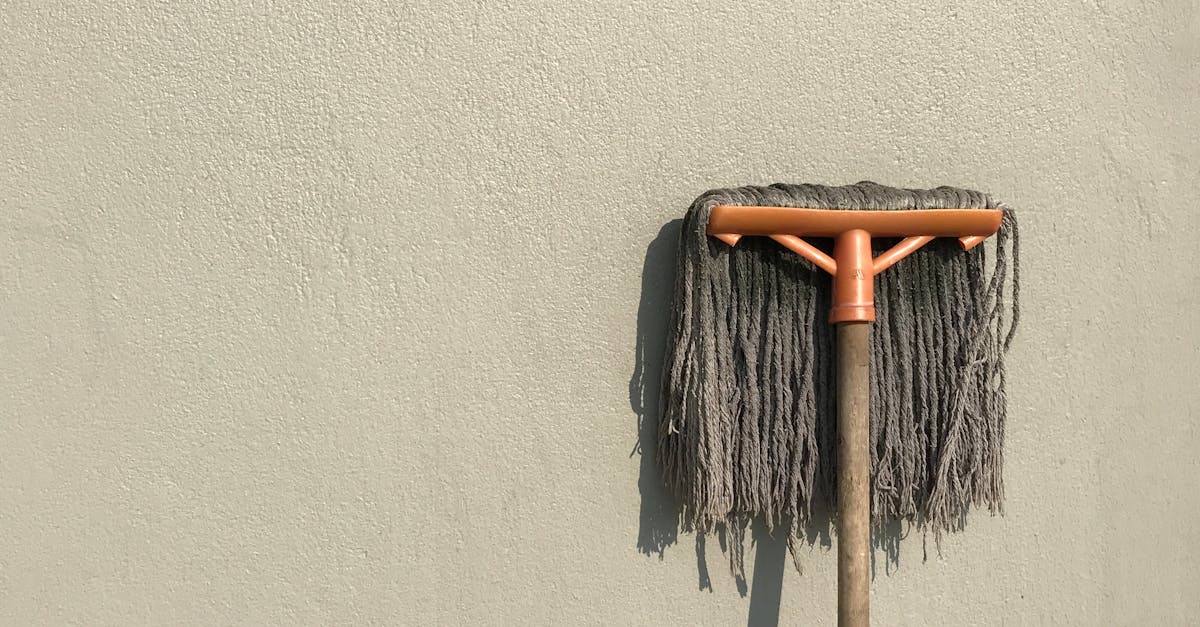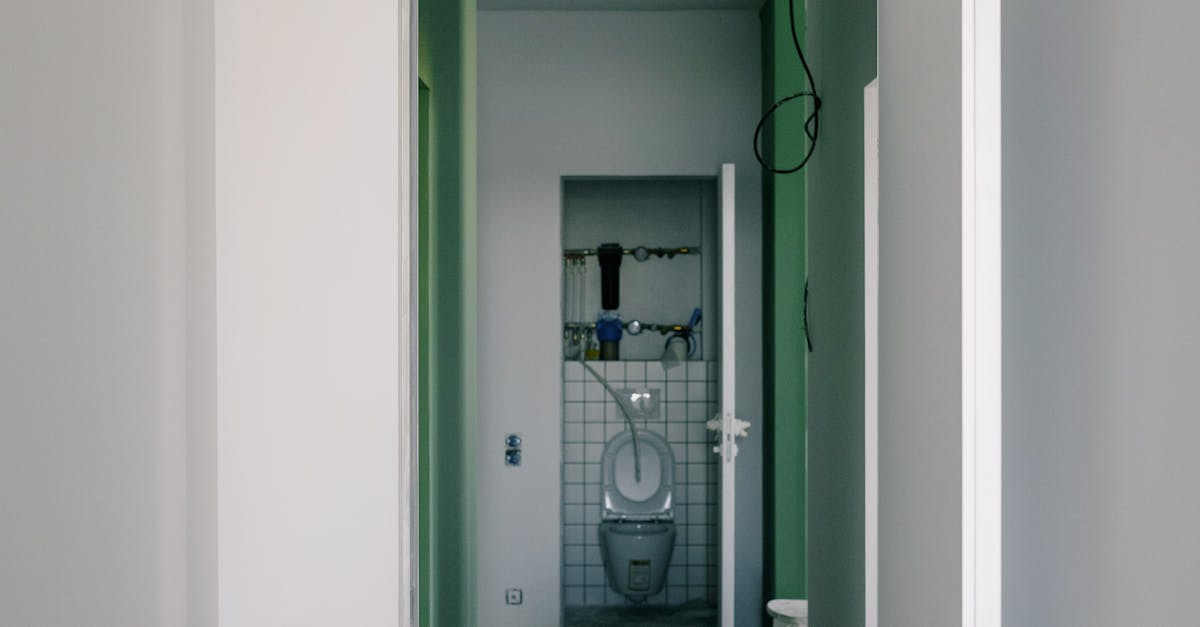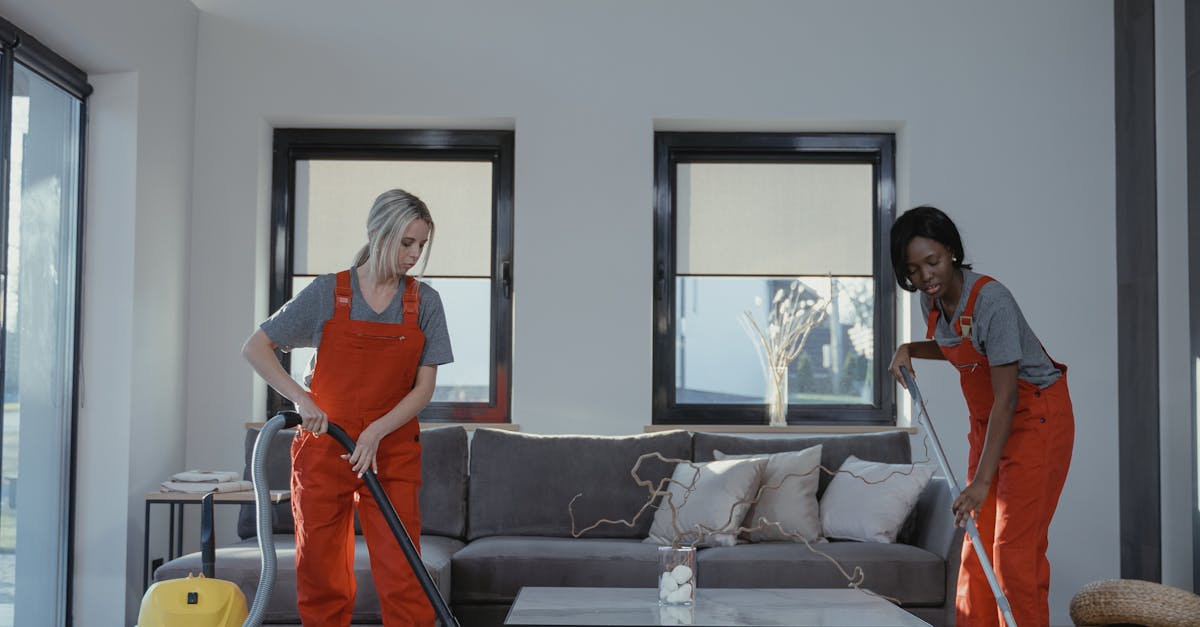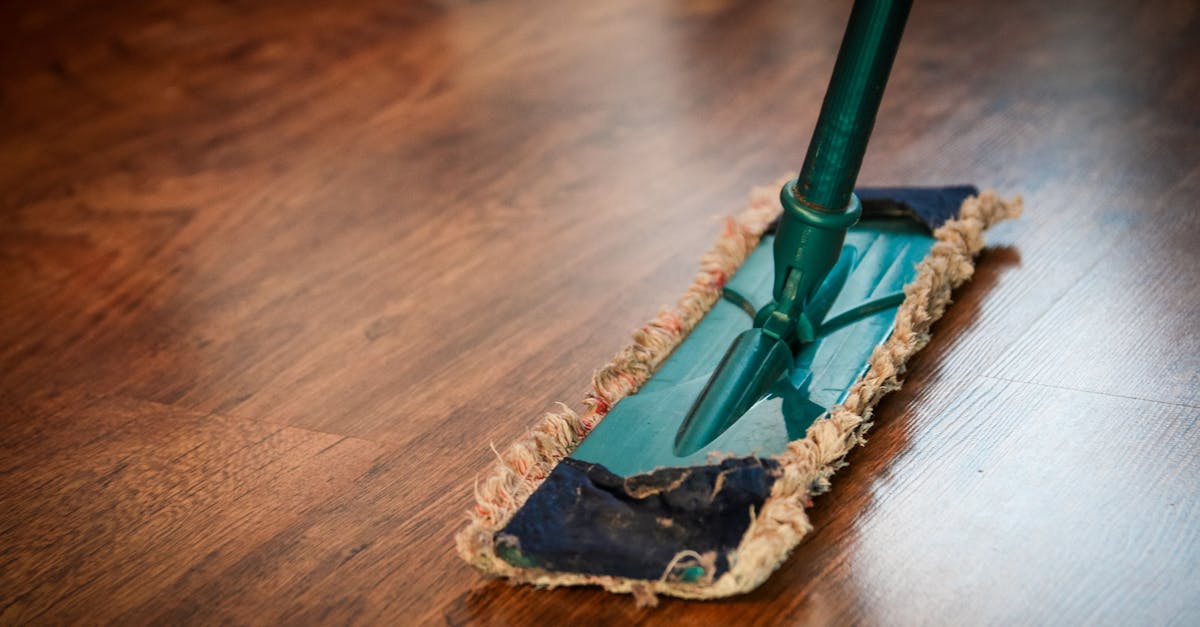
Table Of Contents
Tips for Maintaining Clean Floors
Keeping your floors clean and well-maintained is essential for a healthy living environment. One of the most effective ways to achieve this is through regular mopping. By mopping your floors frequently, you can easily remove dirt, spills, and other debris that can accumulate over time. To ensure clean floors, it is recommended to develop a consistent mopping routine that targets high-traffic areas in your home.
In addition to regular mopping, it is important to use the right cleaning products for your specific flooring type. Depending on whether you have hardwood, tile, laminate, or vinyl floors, choosing the appropriate cleaner can help preserve the integrity of the floor surface while effectively removing dirt and grime. Remember to follow the manufacturer's guidelines for cleaning products to avoid any damage or residue buildup on your floors.
Have a peek at this blog for further readings.
Preventing Residue Buildup
Residue buildup on floors can be a common issue if not properly addressed. One effective way to prevent this buildup is to ensure that excess water and cleaning solution are thoroughly removed during the mopping process. Leaving too much moisture behind can lead to residue accumulation, especially in crevices and grout lines. It is essential to wring out the mop thoroughly and use a dry mop or towel to soak up any excess liquid after mopping.
Another key aspect to preventing residue buildup is to use the correct cleaning solution for the type of flooring being mopped. Using a solution that leaves behind a sticky or greasy residue can attract dirt and dust, leading to a buildup over time. Opt for a cleaner specifically designed for your type of flooring and follow the manufacturer's recommendations for dilution and application. By ensuring that the cleaning solution effectively breaks down dirt and grime without leaving residue behind, you can maintain cleaner floors and reduce the need for excessive mopping.
Common Mistakes to Avoid While Mopping
Many people make mistakes when mopping their floors that can actually do more harm than good. One common mistake is overusing cleaning products. Pouring too much cleaning solution onto your floors not only wastes the product but can also leave behind a sticky residue that attracts dirt and makes your floors dirtier in the long run. It's important to follow the recommended dilution ratios provided on the cleaning product's label to ensure effective cleaning without causing buildup.
Another mistake to avoid is not thoroughly rinsing your mop between each pass. If you continue to mop with a dirty mop head, you're essentially just spreading around dirt and germs instead of effectively cleaning your floors. Make sure to rinse out your mop in clean water frequently throughout the mopping process to ensure that you're actually getting your floors clean. By avoiding these common mistakes, you can make the most out of your mopping routine and achieve cleaner, healthier floors in your home.
Overusing Cleaning Products
Overusing cleaning products while mopping can actually do more harm than good. Although it may seem like using extra detergent or cleaner will leave your floors even cleaner, it can result in a residue buildup. This residue can make your floors sticky and attract more dirt, ultimately making them dirtier faster. Mopping is meant to remove dirt, grime, and germs, not leave behind a layer of chemical residues that can compromise the cleanliness of your floors.
Instead of pouring on excessive amounts of cleaning products, it is recommended to follow the manufacturer's guidelines for the correct dilution ratios. Using the right amount of cleaning solution ensures that your floors are cleaned effectively without leaving behind any sticky residue. Remember, mopping is about achieving a clean and hygienic environment, not dousing your floors in unnecessary chemicals. By using the appropriate amount of cleaning products, you can maintain clean and residue-free floors that are safe for your family and pets.
How Mopping Contributes to Indoor Air Quality
Mopping plays a crucial role in enhancing indoor air quality within living spaces. By removing dust, dirt, and other particles from the floors, mopping helps in reducing the amount of allergens present in the air. These allergens, if left unchecked, can contribute to respiratory issues and overall discomfort, especially for individuals with allergies or asthma. Therefore, incorporating regular mopping into one's cleaning routine can significantly improve the air quality inside the home.
Additionally, mopping assists in minimizing the buildup of pollutants and contaminants that settle on floors over time. These substances can include bacteria, pet dander, and various toxins brought in from outside. By effectively cleaning floors through mopping, these harmful particles are eradicated, leading to a healthier indoor environment. With cleaner floors, the circulation of unpolluted air is promoted, benefitting the overall well-being of those residing in the space.
Removing Dust and Allergens
Mopping is an effective way to remove dust and allergens from indoor surfaces. As the mop glides over the floor, it gathers up the fine particles that have settled on the surface. This is especially important for individuals with allergies or respiratory issues, as dust and allergens can exacerbate symptoms and impact overall indoor air quality.
Regular mopping helps to eliminate these irritants from your living space, creating a cleaner and healthier environment. By capturing and removing dust and allergens, mopping plays a crucial role in minimizing the potential triggers for respiratory issues and allergies. Additionally, mopping can contribute to a more pleasant indoor atmosphere, allowing you to breathe easier and enjoy a cleaner home.
FAQS
Why is mopping important for maintaining clean floors?
Mopping helps remove dirt, stains, and spills from the floor surface, leaving it clean and hygienic.
How often should I mop my floors?
It is recommended to mop high-traffic areas at least once a week, while less frequented areas can be mopped every 2-3 weeks.
Can mopping help prevent the buildup of residue on floors?
Yes, regular mopping with a suitable cleaning solution can help prevent residue buildup, keeping your floors looking shiny and clean.
Does mopping contribute to better indoor air quality?
Yes, mopping helps remove dust, allergens, and other particles from the floor, which can improve indoor air quality and reduce respiratory issues.
Are there any common mistakes to avoid while mopping?
Yes, common mistakes to avoid include overusing cleaning products, not rinsing the mop properly, and using dirty water, as these can leave behind streaks and residue on the floor.


